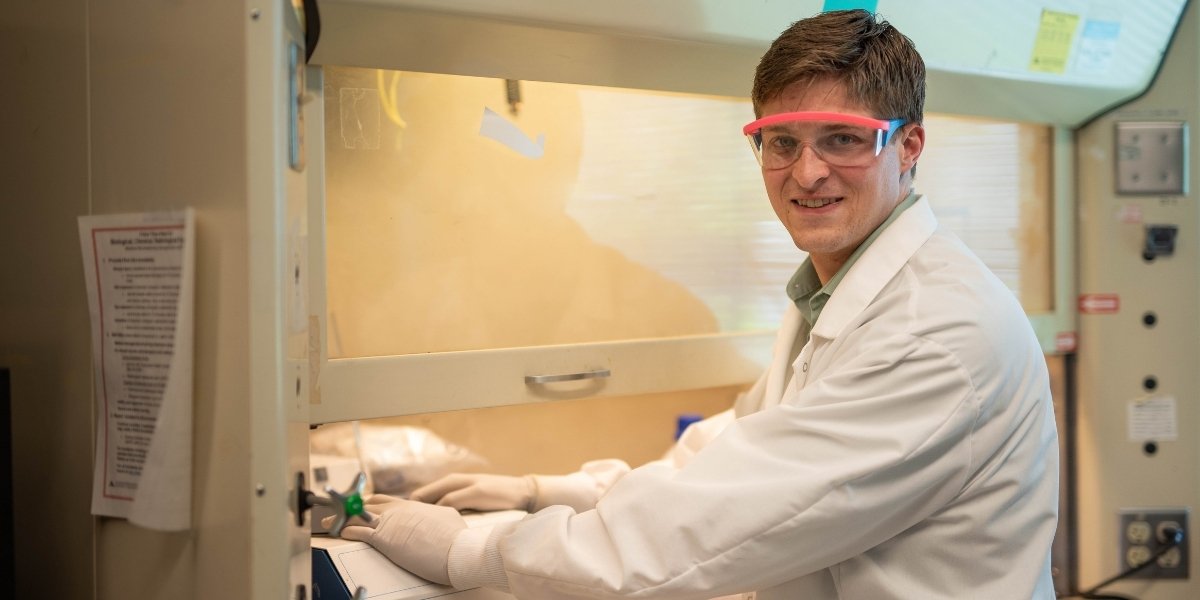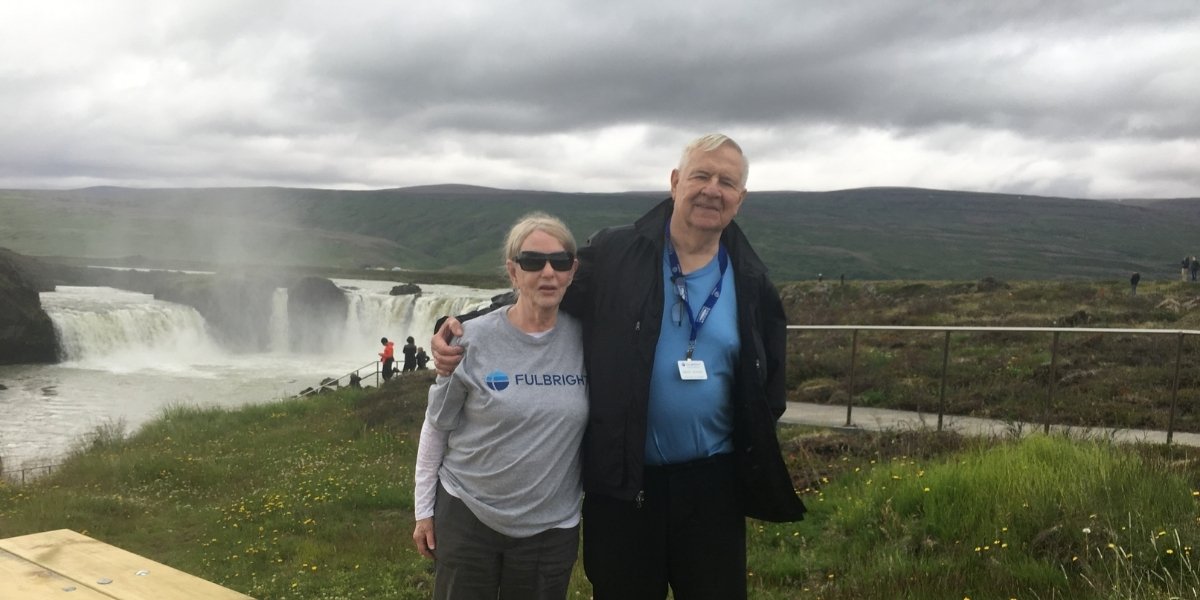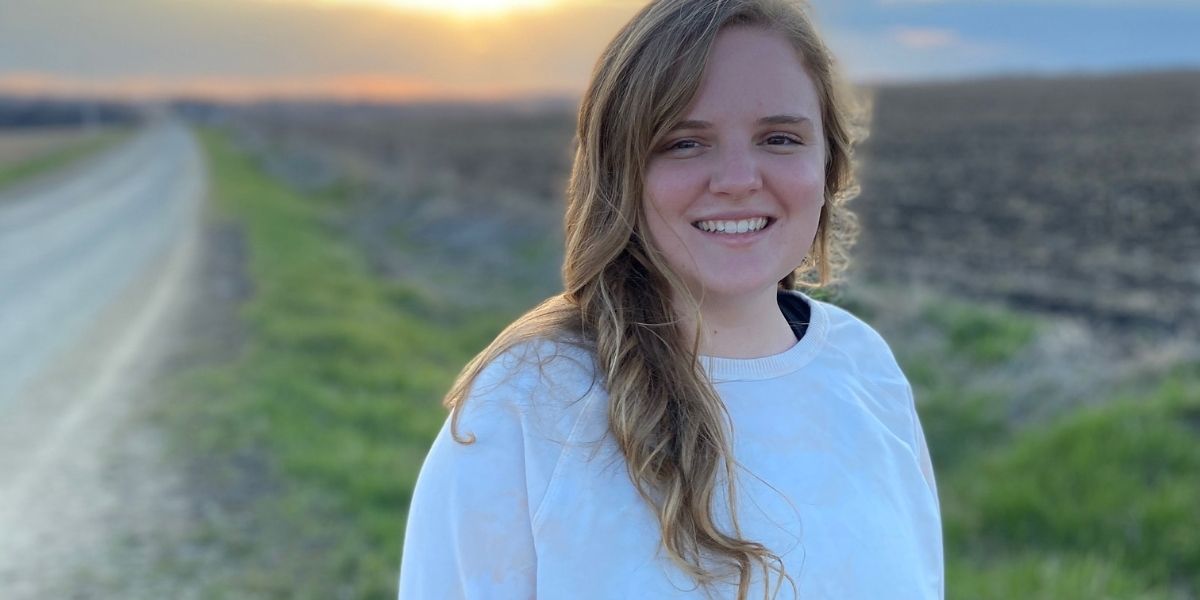
How planned giving helps attract the best and brightest to public health
From cleaning agents and personal care products to paints and pesticides, chemicals touch every part of our lives. An estimated 80,000 to 90,000 chemicals are in commercial use today, yet only a few hundred are known “to the level of no surprises,” says Bruce Fowler, a University of Washington alumnus and expert on the toxicology of metals.
Fowler, who graduated from the UW with a degree in fisheries in 1968 and went on to earn a PhD in pathology at Oregon Health and Science University School of Medicine, has been a leader in developing tools to better assess and detect the health effects of metals and the growing number of chemicals in our lives. Now he wants to ensure that the next generation of toxicologists is prepared to further our understanding of emerging environmental hazards.
IF YOU HAVE FAMILY TAKEN CARE OF ALREADY, WHY NOT DO SOMETHING FOR THE GREATER GOOD?
As part of his estate planning, Fowler pledged in 2018 to establish an endowed professorship in toxicology in the Department of Environmental & Occupational Health Sciences (DEOHS). He also established an endowed fund of $25,000 to support DEOHS undergraduate students.
“These issues of public health are going to be only more and more critical for the people on this planet as there are more of us,” Fowler said. “The reason I made the commitment for this endowment is that we’re going to need well-trained, smart young people coming in to pick up the mantel.”

Why not do something for the greater good?
After a distinguished career spanning government service, academia and private consulting, Fowler decided that planned giving offered another opportunity to make a difference.
“I decided to go ahead and do this while I could, because tomorrow is not guaranteed to any of us,” said Fowler, who is 74. “If you have family taken care of already, why not do something for the greater good?”
Incorporating philanthropy into financial or estate plans allows people to make current and future gifts to the University while addressing their own financial needs. Most planned gifts provide tax advantages, and some generate income for donors and their families. There are many options, such as including a bequest in a will or establishing a trust or naming the University as the beneficiary of a retirement account or life insurance policy. During these uncertain economic times, planned giving is an opportunity to ensure a donor can have an impact.
Fowler points out that focused giving of any amount can make a difference.
“First of all, decide what you can do. Ask the question,” he said. “It doesn’t have to be a million dollars; it doesn’t have to be $100,000. If it’s targeted to a specific need, like a travel grant, let’s say, for students to come to a meeting… $10,000 or $20,000 can go a long way.”
Attracting young talent
Fowler says he made his generous gifts to the School because he has been impressed by the people who work there and the top-notch program they’ve built from the ground up since the program was founded in 1970.
They “are doing a good job attracting these young people to come into the field of public health and giving them modern, scientific tools to deal with the problems, some of which we can’t even know yet.”
Fowler, who was director of the University of Maryland’s system-wide toxicology program, knows the importance of bringing in top talent, and also how hard that is to do without enough resources.
“There’s an adage that it’s the people, not the bricks, that matter,” Fowler said. “This gift, when University of Washington School of Public Health gets it, will help them attract and retain young faculty members who are superstars, people who will be there for 20 to 30 years and make contributions and train good students. That’s an investment.”
DEOHS Chair and Professor Michael Yost said Fowler’s gift supports the department’s mission to improve population health, with a special focus on those most at risk for adverse health outcomes.
"This endowed professorship supports the very heart of our department's vision to create sustainable communities where every person has a safe place to work and a healthy neighborhood to call home," Yost said. "We are grateful for this gift, which will expand our research and teaching capacity in emerging environmental hazards."
Public health practitioners face many challenges in the coming decades, Fowler said. “I believe that if we give people encouragement and give them tools, they will carry the day.
To learn more about how to support the School of Public Health through your estate plans, please Contact Advancement.

Supporting students, supports the future
Gifts to the School of Public Health have made a big difference for students like Jessa Engelken, a second-year Master of Public Health student in Nutritional Sciences and the Graduate Coordinated Program in Dietetics.
Engelken received support from the Ruth E. Ostrander Endowed Scholarship Fund and the School of Public Health Endowed Fellowship. Without the means to afford an out-of-state education, the Iowa native was thankful to receive financial assistance while completing her coursework and a required 1,200-hour dietetic internship. She will also complete a capstone project, in which she will develop a toolkit to improve how infants, toddlers and preschool-aged children are fed at early learning programs.
“My goal with this project is to focus on how to foster trust between caregivers and children. Children innately know how to eat, and caregivers can support them by providing mealtime structure and consistency,” Engelken says. In addition to developing the toolkit, Engelken will also complete a literature review and an analysis of survey data.
“Without the funding, it would be extra challenging to go through the program, so I am really grateful to have it,” Engelken said.
It also eases her mind about the future. “Knowing that I’ll be able to leave the UW with less debt, and being able to start my career and have a little less to worry about, means a lot to me,” said Engelken.
Learn more on how the School seeks to help more students through the SPH Campaign for Students.
